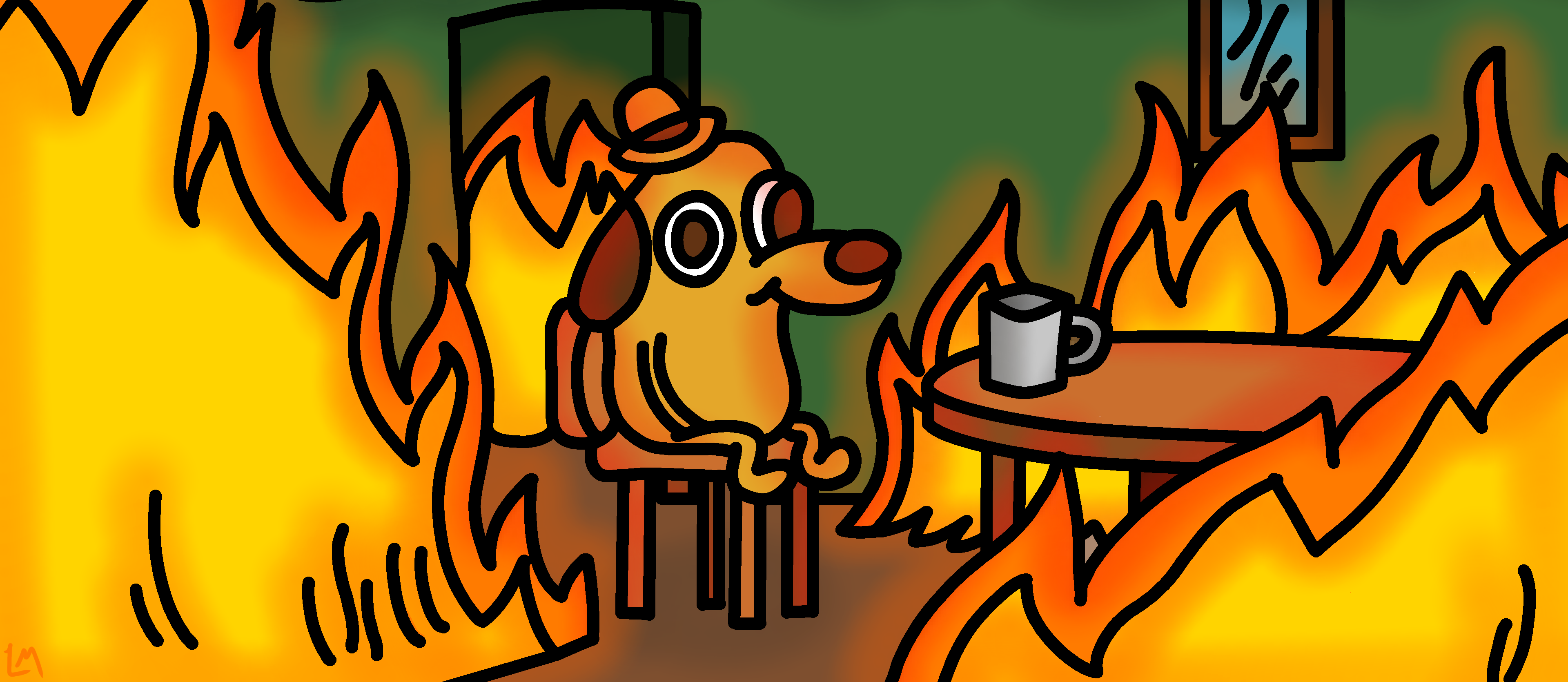This is smart as hell.
The government always has infinity money, so they can just give people money, and no one will know the country is bankrupt.
The German government is increasingly unable to paper over its growing industrial crisis through increased hiring of government workers. Instead, the consequences of German economic policy are coming home to roost for the ruling government, with the number of companies either cutting or moving to cut workers growing to alarming levels.
While Germany has a record number of employees, reaching 46 million, the unemployment rate has steadily risen since 2022. All new hiring is obscured by the fact that nearly all jobs in recent years have been created in state-related sectors. Many of the workers being hired are also foreign workers.
🇩🇪 AfD co-leader Alice Weidel calls German Chancellor Olaf Scholz the “chancellor of decline” to his face.
🔺500,000 jobs lost since Scholz became chancellor
🔺Auto supplier ZF will cut 14,000 jobs
🔺SAP will cut 10,000
🔺Ford 4,600
🔺Bosch 3760And the list goes on… pic.twitter.com/cxbTQ8NPOx
— Remix News & Views (@RMXnews) September 15, 2024
As German newspaper Welt notes: “The number of job advertisements is plummeting, short-time work is making a comeback: Germany’s job market is hit by a crisis that has long been completely overlooked. In several sectors, this is leading to the loss of thousands of jobs — and permanently. Political help seems to be coming too late.”
In the productive economy, which includes manufacturing and construction, but also in the trade sector, job losses are increasingly alarming. Since 2018, employment levels have declined, job advertisements have cratered, and many companies say they have no plans to hire. Unemployment is also rising, while industrial production has remained flat.
The recent headlines show the trend line. The auto parts company ZF Friedrichshafen plans to cut 14,000 jobs, BASF 2,500, Bosch 1,200, Miele 1,300 and ThyssenKrupp probably several hundred. All of that pales in comparison to planned job cuts at Volkswagen, which could go up to 30,000. Many smaller construction and manufacturing companies have already laid off workers over the last few years.
At the same time, there were 50,000 employees added to the health sector, another 50,000 in nursing, and 48,000 public sector jobs were added compared to last year. Meanwhile, in the metal and electrical industry, 22,000 fewer people are working, 62,000 fewer in manufacturing, and 27,000 fewer in the construction industry.
Many of these industries are seen as the core of Germany’s wealth and economic power — and also tend to pay higher than other jobs. It is now possible that due to soaring energy prices, regulation, and high taxes, Germany is losing its status as a global industrial superpower.
It’s a shame what happened to Germany.
They just wanted to stay peaceful and make products, but the government told them it was time for war.
I blame women.
